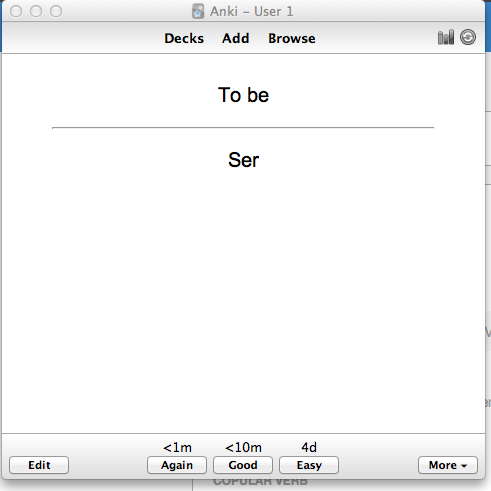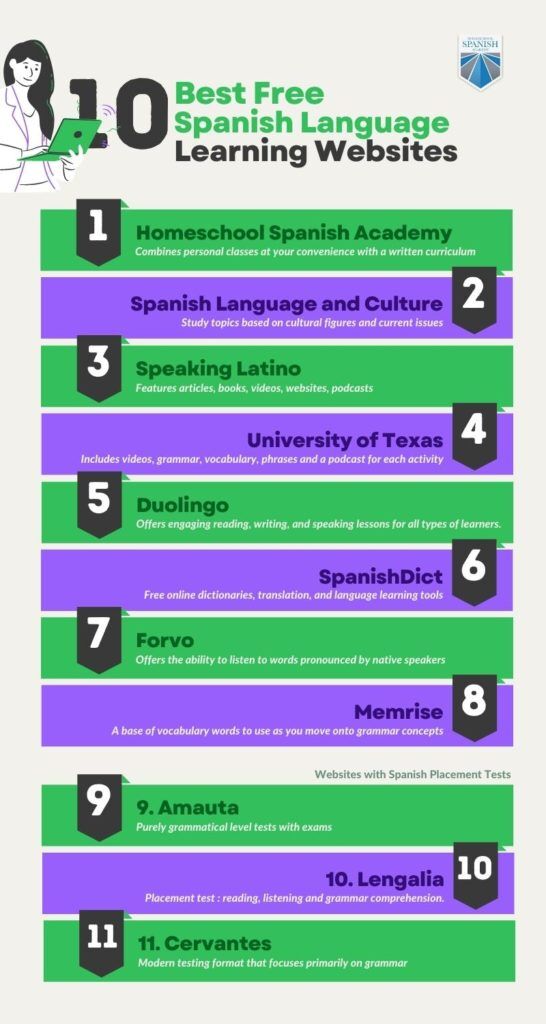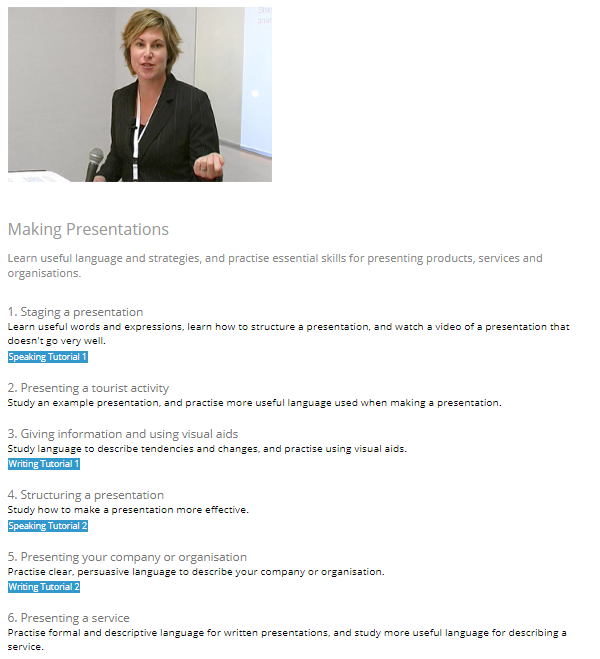Spanish Lesson 1 - Effective Language Learning

This is the very first lesson in learning the Spanish Language! This lesson begins with simple greetings, and covers important ideas of the Spanish Language. Throughout education, methods of teaching Spanish have changed greatly. Years ago, the Spanish Language was taught simply by memory. Today, however, the Spanish Language is taught by moving slower and covering grammar and spelling rules. Again, this is an introduction. If this is the first time you are attempting to learn Spanish, do not become discouraged if you cannot understand, pronounce, or memorize some of the things discussed here. In addition, learning a second language

5 WAYS OF LEARNING SPANISH
1. This book is for you if: , • You wonder what is the point of learning Spanish?, • You are a beginner or you want to start learning a language, but

10 good reasons to learn Spanish

Spanish Lesson 1 - Effective Language Learning

Learn Spanish Level 1 Lesson 1

My Most Important Language-Learning Tool: Anki - What it is, why it's awesome, and a video on how to use it with the Telenovela Method! - Learn Spanish with Andrew

Effective Foreign Language Teaching in the age of Technology, by Nicholas Ian Nathaniel Aro

Effects of interleaving versus blocking on second language grammar

A Guide to Practical Spanish Language as a Skill-Set - Lesson 1: The Holy Grail - ITS Tactical

Spanish for Adults: Spanish Short Stories for Beginners Book 5 : Over 100 Dialogues and Daily Used Phrases to Learn Spanish in Your Car. Have Fun & Grow Your Vocabulary, with Crazy
Learn Spanish - Level 1: Introduction to Spanish, Volume 1: Lessons 1-25: Introduction Spanish #1 (Audible Audio Edition): Innovative

Learn Spanish - Level 1: Introduction to Spanish, Volume 1: Lessons 1-25: Introduction Spanish #1

Effective Language Learning Habits' Lesson Plan - Film English

11 Best Free Spanish Language Learning Websites

10 questions to ask when selecting effective online language learning solutions – Net Languages Blog